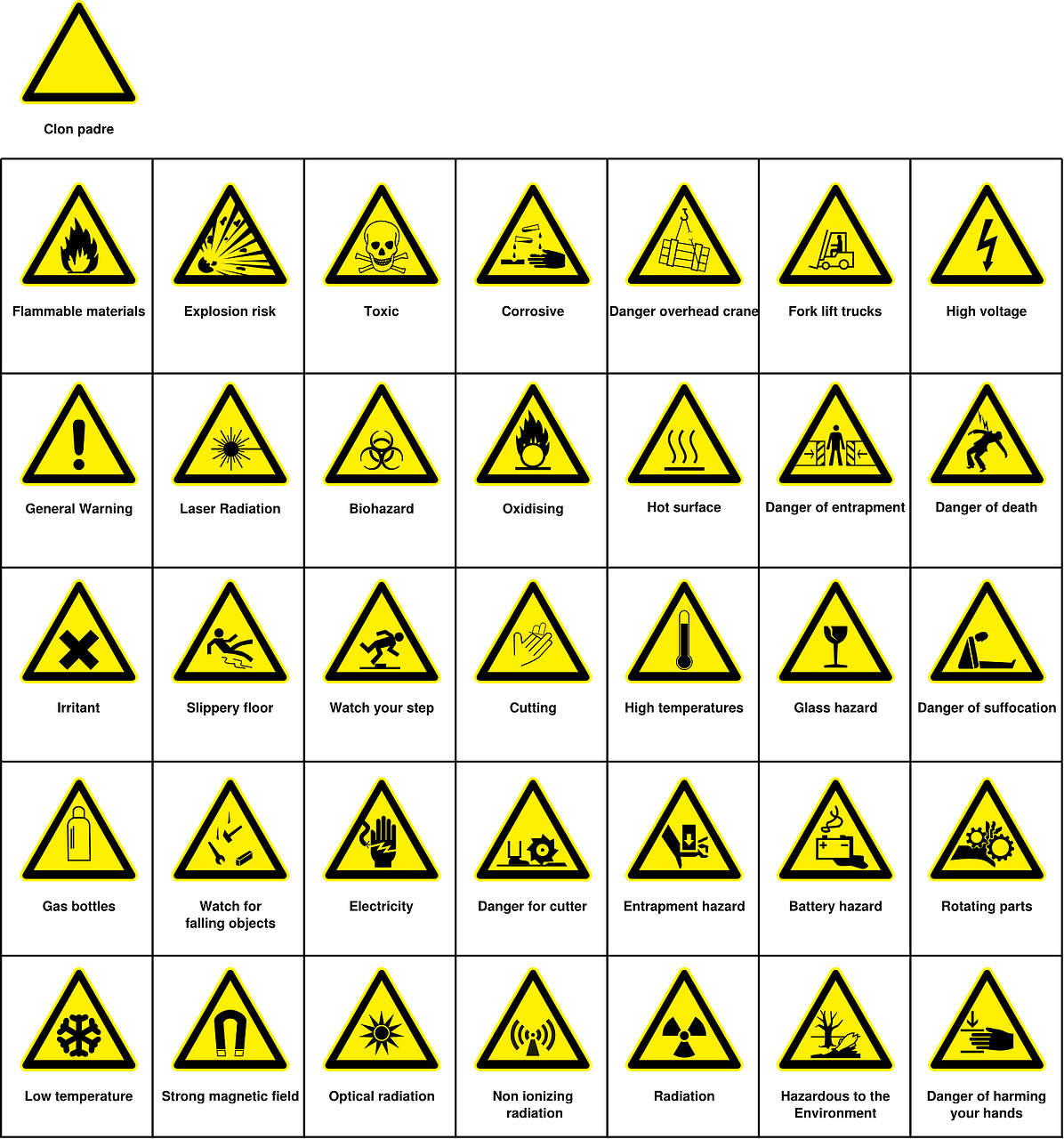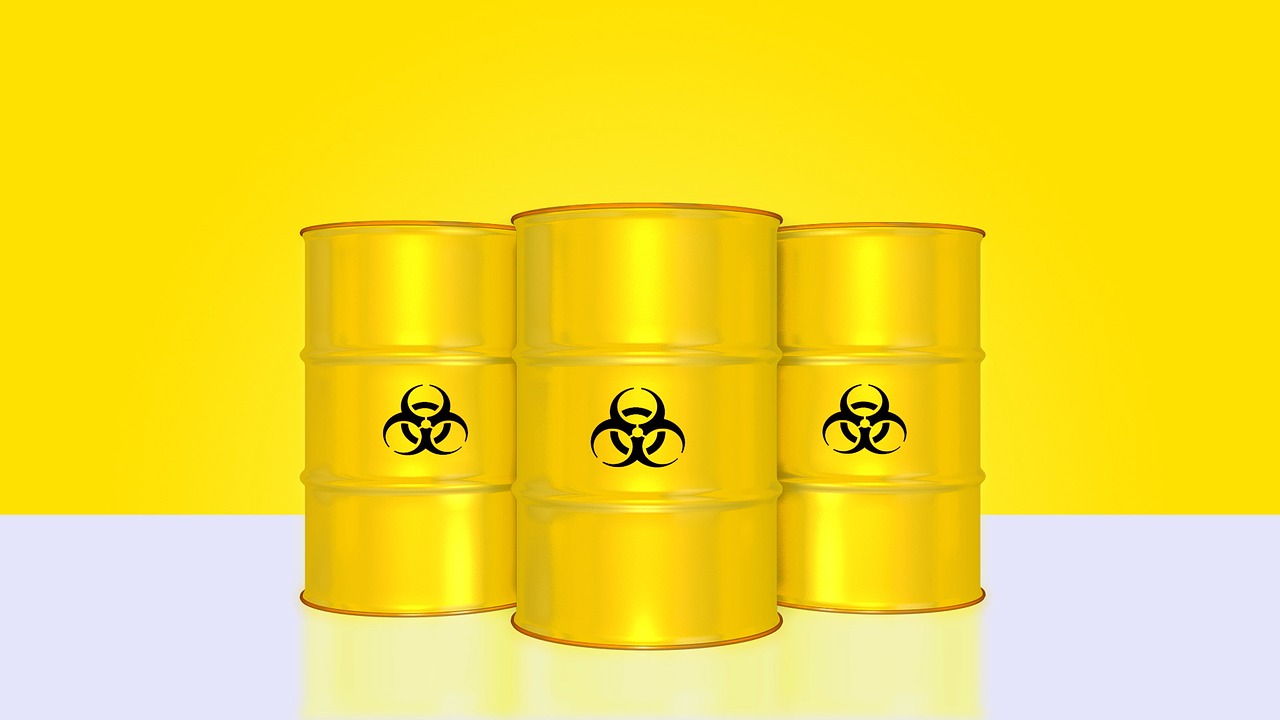It's a specialist course and very few providers offer it.
That's because the number of companies that require Class 7-qualified personnel are few and far between.
So I'm perplexed as to why enquiries about this course have shot up of late.
There are a few solid reasons that we could grab for, of course. One that comes to mind straight away is the rising price of diesel - are there warning signs from operators that they may have to start the, a-herm, 'streamlining' process?
When you're worried about your job, broadening your career prospects is the instinctive (and logical) first course of action.
But let's not dwell on the whys. Let's talk about what Class 7 ADR is.
Is it, for starters, worth your time?
Who does it benefit?
Where is it delivered, and when?
And how do you go about getting it?
I hope to answer these questions and more. This will be a cursory introduction to Class 7, so don't worry - I'm not going to go over the list of low toxicity alpha emitters or get into what constitutes a fissile material - I might save that pleasure for a later date!
So, let's get down to it.
1. What does Class 7 cover?
Class 7 is Radioactive Material, if you didn't know already. There are two primary types of such materials:
- Open (or unsealed) radioactive sources, and
- Closed (or sealed) radioactive sources.
During the training, you'll learn about the regulations and best practices around the transportation of substances like:
- Radioactive ores
- Medical isotopes
- Uranium hexafloride
- Enriched uranium
- Density gauges
And more. If this is all sounding gibberish to you - don't worry, it's supposed to. They don't call it 'specialised' for nothing!
2. Which organisations need Class 7-trained personnel?
Any firm dealing in nuclear fuels and similar substances will require their drivers to be qualified in radioactives. One example of these firms would be British Nuclear Fuel, another would be ContainerLift.
In some areas of manufacturing, the Class 7 qualification is needed. The medical industry, also, requires its drivers to hold the relevant certification before they can transport certain substances, or deliver to certain sites.
Before you can properly assess whether the qualification is worthwhile, you're best off doing some research into which businesses deal with radioactive substances. They are few and far between, and, unlike, say, agricultural equipment wholesalers, are not concentrated in bulk in any particular area. It would be a shame if you undertook the training, only to realize later that you'll have to schlep 150 miles just to attend an interview!
3. Do I have to take it as part of a full ADR course?
No - the course is a one-dayer. You might have got your ADR qualification two years ago, but you can still go in for the Class 7. In fact, doing the Class 7 as a standalone course may be your only option - because demand for it's so low, you may find it difficult to turn up a provider who offers it as part of a full week of ADR training.

Bear in mind, too, that a full day of Class does not count towards your CPC. Just like Tanks or Explosives (Class 1) training, the content of the course does not come under the Driver CPC syllabus.
4. So, how do I go about it?
There are two main routes to Class 7. Which one you take depends on your circumstances.
If you're looking to boost your CV, and add something special to your skill-set, you'll have to hunt down a suitable training provider. There's a few out there that deliver the course regularly or semi-regularly, and others that offer it as a one-off.
The lucky ones, however, already work for one of the above-mentioned organisations, and will be put through the training as a matter of necessity. These companies will usually train their own staff, as opposed to outsourcing it to a training centre. Though the latter's certainly not unheard of.
5. So, where do I stand once I have the qualification?
Like all qualifications, it enhances your CV and boosts your market value. Because this qualification's so specialised, and because so few people have it, you will find yourself in a tier above the competition.
Don't be shocked if you find yourself able to command a higher wage. Though there are some who believe that shelling out for the qualification is an unnecessary risk for most drivers, it demonstrates a proactive attitude and a willingness to undertake CPD (Continuous Professional Development) - and to pull in the higher wages, displaying these traits is essential.
It's not just the wage, though. Because many of these companies operate internationally, your chance of working overseas increases greatly. So if crossing continents and seeing the world attracts you, acquiring a Class 7 qualification may be a huge step toward realizing that goal.
Anyway, that about rounds things off. Have you had any experience with the Class 7? Where do you stand on it as a career-booster?
Let me know in the comments sections below...
......Or maybe this is all a bit too much to take in for now. Perhaps you need to know more about the ADR itself before you can make an informed judgement on the Radioactive course. If so, we've got your back. You can get comprehensive information on the different ADR classes, content and professional gains here:





